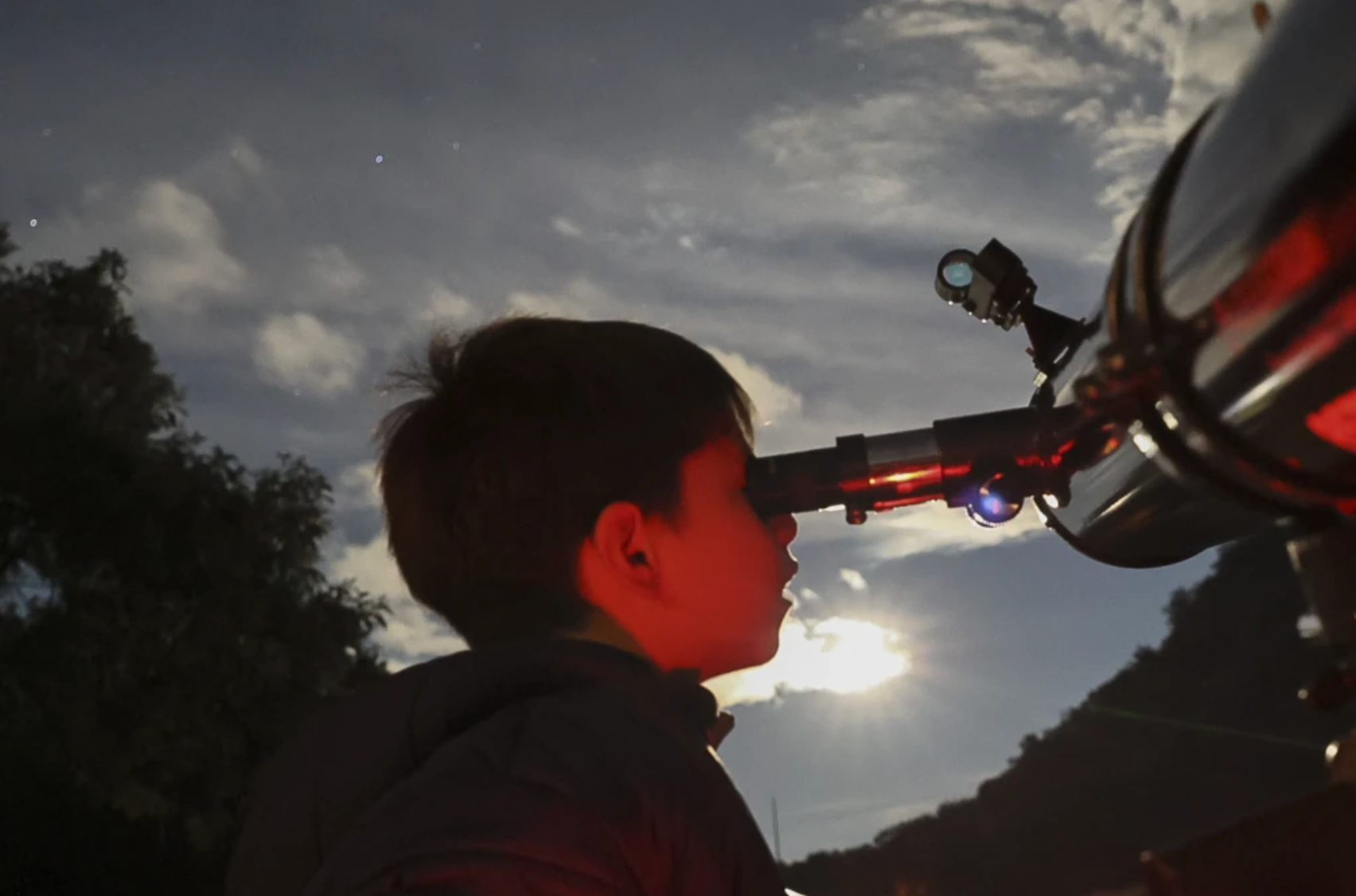BY ADITHI RAMAKRISHNAN
NEW YORK (AP) — Six planets grace the sky this month in what’s known as a planetary parade, and most can be seen with the naked eye.
These planetary hangouts happen when several planets appear to line up in the night sky at once.
“They’re not in a straight line, but they’re pretty close together on one side of the sun,” said Hannah Sparkes, planetarium supervisor at the Bishop Museum of Science and Nature in Florida.
The astronomical linkup is fairly common and can happen at least every year depending on the number of planets. A similar parade took place last June, but only two planets could be seen without any special equipment.
Venus, Mars, Jupiter and Saturn are visible to the naked eye this month and for part of February. Uranus and Neptune can be spotted with binoculars and telescopes.
During this latest spectacle, Mars shines especially bright because it’s located directly opposite the sun. And last Friday and Saturday night, skygazers saw Venus and Saturn snuggle up extra close — just two degrees apart.
Any clear, cloudless night this month is ideal to spot the planets. To get in on the sighting, go outside on a clear night a few hours after sunset and face south, said Kevin Williams, planetarium director at Buffalo State University.
Venus and Saturn will glow in the southwestern sky, with Jupiter in the southern sky and Mars in the southeast or east. The planets will shine brighter than the stars, and Mars will look like a reddish-orange dot.
Consider downloading stargazing apps to help with where to look, Sparkes said.
A faint Mercury is set to join the parade as a bonus seventh planet at the end of February, and the planets will slowly make their exit through the spring.
“It gives us a little bit better sense of our place in the solar system and the universe,” Williams said.










